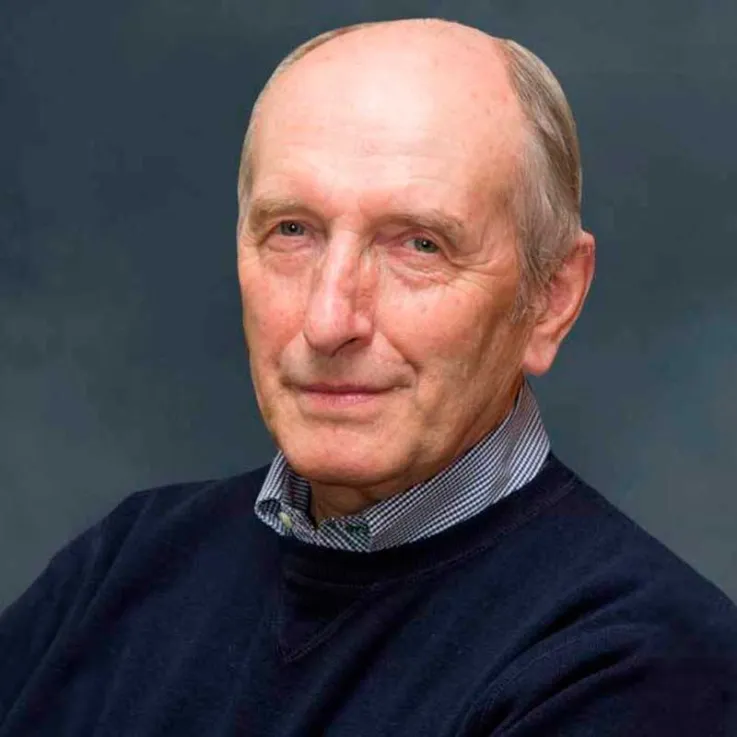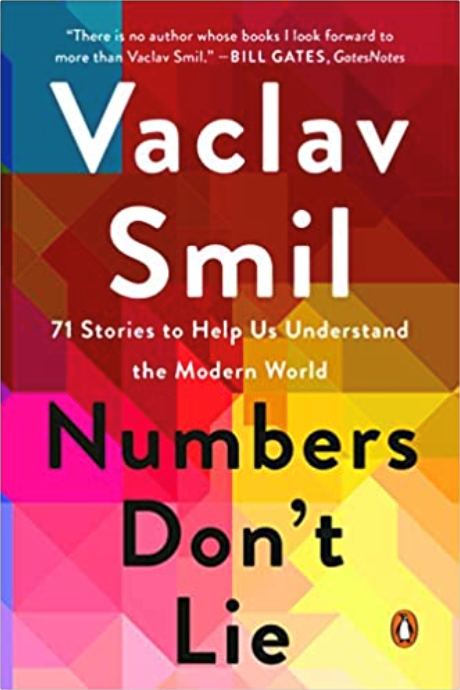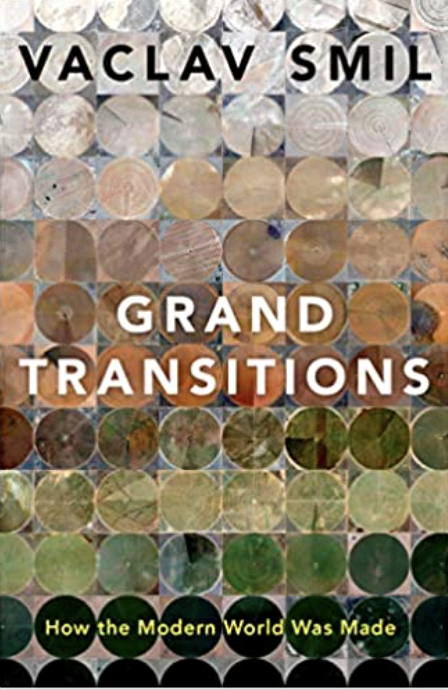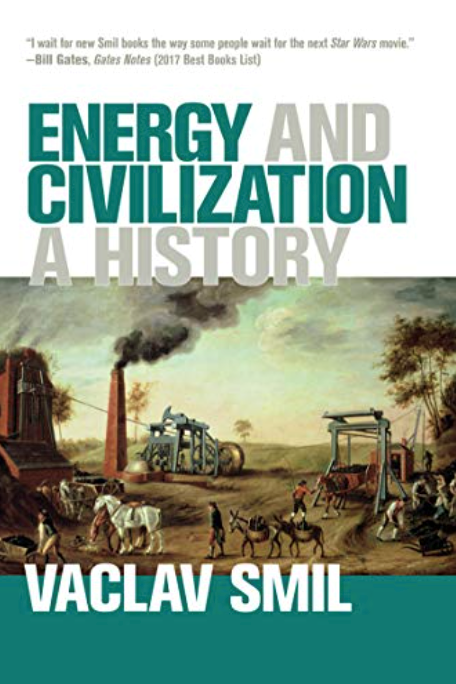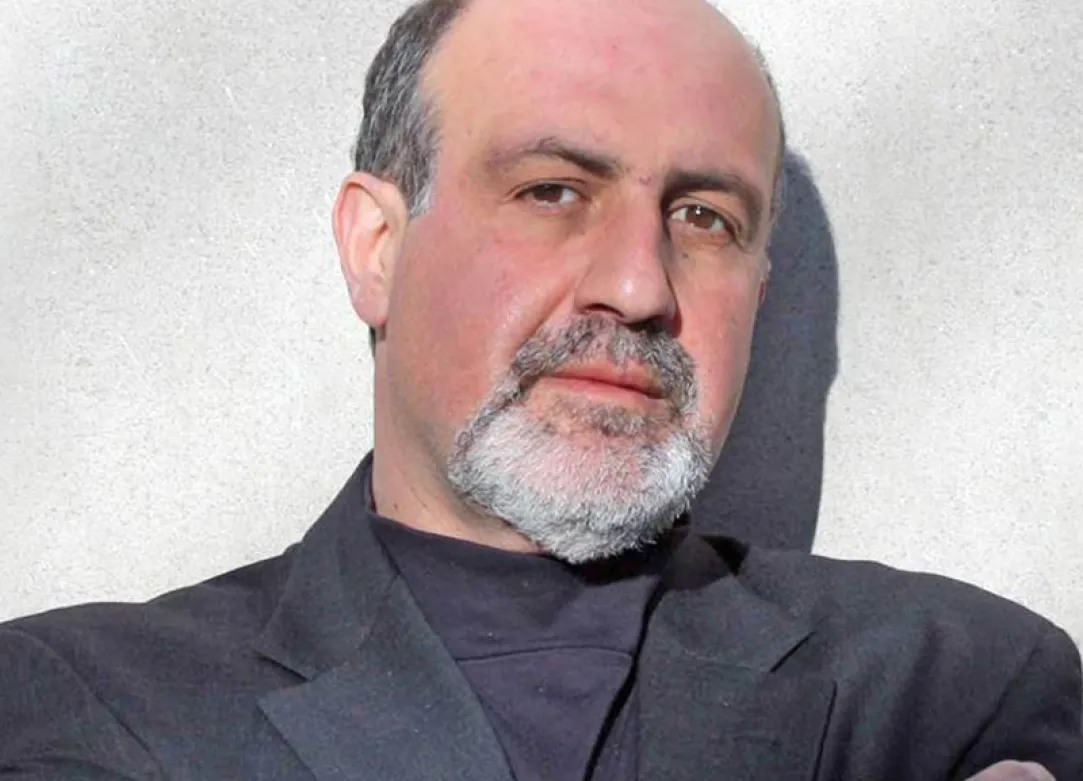Professor Vaclav Smil is regarded as being among the most important thought leaders of our time. One of Foreign Policy’s Top 100 Global Thinkers of 2010, Smil has spent his career exploring new ground in the fields of energy, environmental and population change, food production and nutrition, technical innovation, risk assessment and public policy.
Publishing 45 books and nearly 500 papers, many of which Bill Gates mentions in his blog and has recommended to audiences for many years, Smil has revolutionized the way the world thinks about its future energy and food needs. In addition to his published research, he has also worked as a consultant for many US, EU and international institutions.
VACLAV SMIL
Renowned Expert on Energy, Environment, Food & Technical Advances
- Regarded as being among the most important thought leaders of our time
- One of Foreign Policy’s Top 100 Global Thinkers
- Has spent his career exploring new ground in the fields of energy, environmental and population change, food production and nutrition, technical innovation, risk assessment and public policy
- Smil has revolutionized the way the world thinks about its future energy and food needs
- Publishing 45 books and nearly 500 papers, many of which Bill Gates mentions in his blog and has recommended to audiences for many years
Professor Smil tailors each presentation to the needs of her audience and is not limited to the topics listed below. Please ask us about any subject that interests you:
- Energy
- Environmental and population change
- Food production and nutrition
- Technical innovation
- Risk assessment
- Public policy
Growth: From Microorganisms to Megacities
Growth has been both an unspoken and an explicit aim of our individual and collective striving. It governs the lives of microorganisms and galaxies; it shapes the capabilities of our extraordinarily large brains and the fortunes of our economies.
Smil examines the growth of energy conversions and man-made objects that enable eco-nomic activities―developments that have been essential to civilization and looks at growth in complex systems, beginning with the growth of human populations and proceeding to the growth of cities. He considers the challenges of tracing the growth of empires and civiliza-tions, explaining that we can chart the growth of organisms across individual and evolution-ary time, but that the progress of societies and economies, not so linear, encompasses both decline and renewal.
Numbers Don't Lie: 71 Things You Need to Know About the World
Energy Transitions; Global Energy Outlook; Energy Demand & Technical Advances
Global Environmental Change; Environmental Risks; Harvesting the Biosphere
